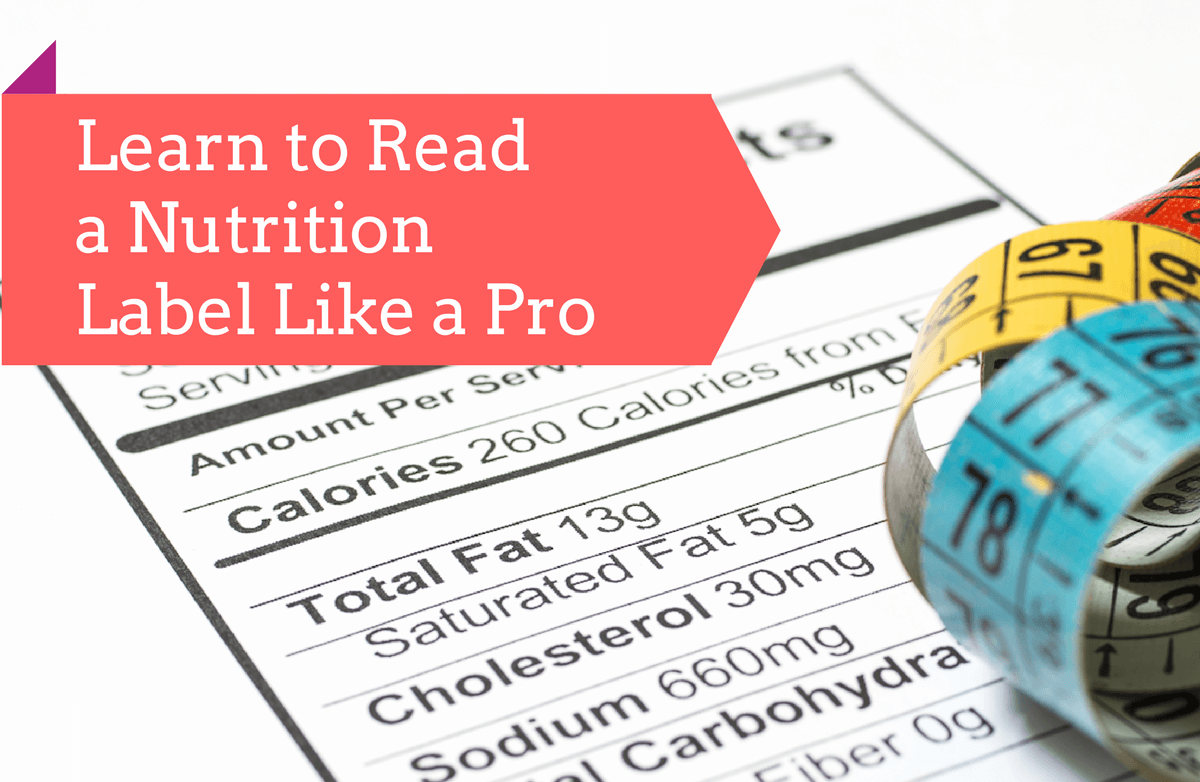|
Maybe it's the olive oil, maybe it's the varied and healthful foods in their diet, or maybe it's the spectacular views of the ocean, but the Mediterranean region is known for good health and longevity. Harvard Women's Health Watch shared these ideas with us. 1. Pile on the vegetables: The key is variety, so eat many different and different-colored ones (especially bright yellow, orange, deep green, and red). Vary your cooking method. Make your salad a main course by adding nuts, diced chicken, and cheese. Pressed for time? Buy pre-packaged salads and pre-cut vegetables. 2. Eat lots of whole fruit: Again, variety is the key. Add pear or apple slices to garden salads. For breakfast, have whole-grain cereals with fruit and yogurt or top toasted whole-grain bread with peanut butter and sliced banana. Whirl frozen fruit into a smoothie made with low-fat yogurt and half a banana. 3. Go a little nuts: Nuts contain many antioxidants and other nutrients. Unlike snacks made from refined grains or sugar, nuts have a low glycemic index, which has a steadying effect on blood sugar. But they're calorie-dense, so restrict yourself to small amounts. Sprinkle chopped nuts on salads, fruit, or yogurt. Top cooked vegetables with almonds. 4. Go for the grain, the whole grain: Whole grains contain more vitamins, minerals, and protein than refined grains, and they have a stabilizing influence on blood sugar levels. Try pasta and breads (including wraps) made with whole-grain flours instead of refined white flour. Have brown rice instead of white rice, or try amaranth, farro, or quinoa. 5. Eat good fats: Thirty to forty percent of calories in the traditional Mediterranean diet come from fat, half or more of it from olive oil. This healthy monounsaturated fat lowers both total and LDL cholesterol when it's used to replace unhealthy saturated fats. Canola oil and nuts are also rich in monounsaturated fat. Another source of good fat is fish rich in heart-healthy omega-3 fatty acids. 6. Spice it up: Mediterranean cuisines benefit from a climate ideal for growing spices and herbs, which impart flavor, add nutrients, and can substitute for salt. So spice up your meals, especially if it encourages you to enjoy a greater variety of good foods. 7. Love those legumes: Legumes are an excellent low-fat source of protein, vitamins, minerals, and fiber, and are a good substitute for meat. Add legumes to soups and salads. Use beans instead of meat in stews or casseroles. 8. Toast to your good health: Wine (particularly red wine) with meals is a feature of the Mediterranean diet. Alcohol of any kind increases HDL (good) cholesterol, improves insulin sensitivity, and reduces inflammation. Wine in particular contains small amounts of plant substances called flavonoids that have demonstrated anti-inflammatory and anticancer activity in lab experiments. 9. Slow down: Diet plays a primary role in the health benefits of the Mediterranean lifestyle, but the leisurely pace of life also matters. Eating on the run and under stress can cause heartburn and less efficient absorption of nutrients. Eating fast also makes it more difficult to achieve and maintain a healthy weight. Do you incorporate any of these healthy habits into your lifestyle? Did you find any of these tips helpful? Photo: the island of Ischia in Italy, March 2006 |
More From SparkPeople
|

.jpg)


.jpg)




.png)




-Toast/f082d9ab-b3d5-4779-a22a-e7796d4a8873.jpg)





